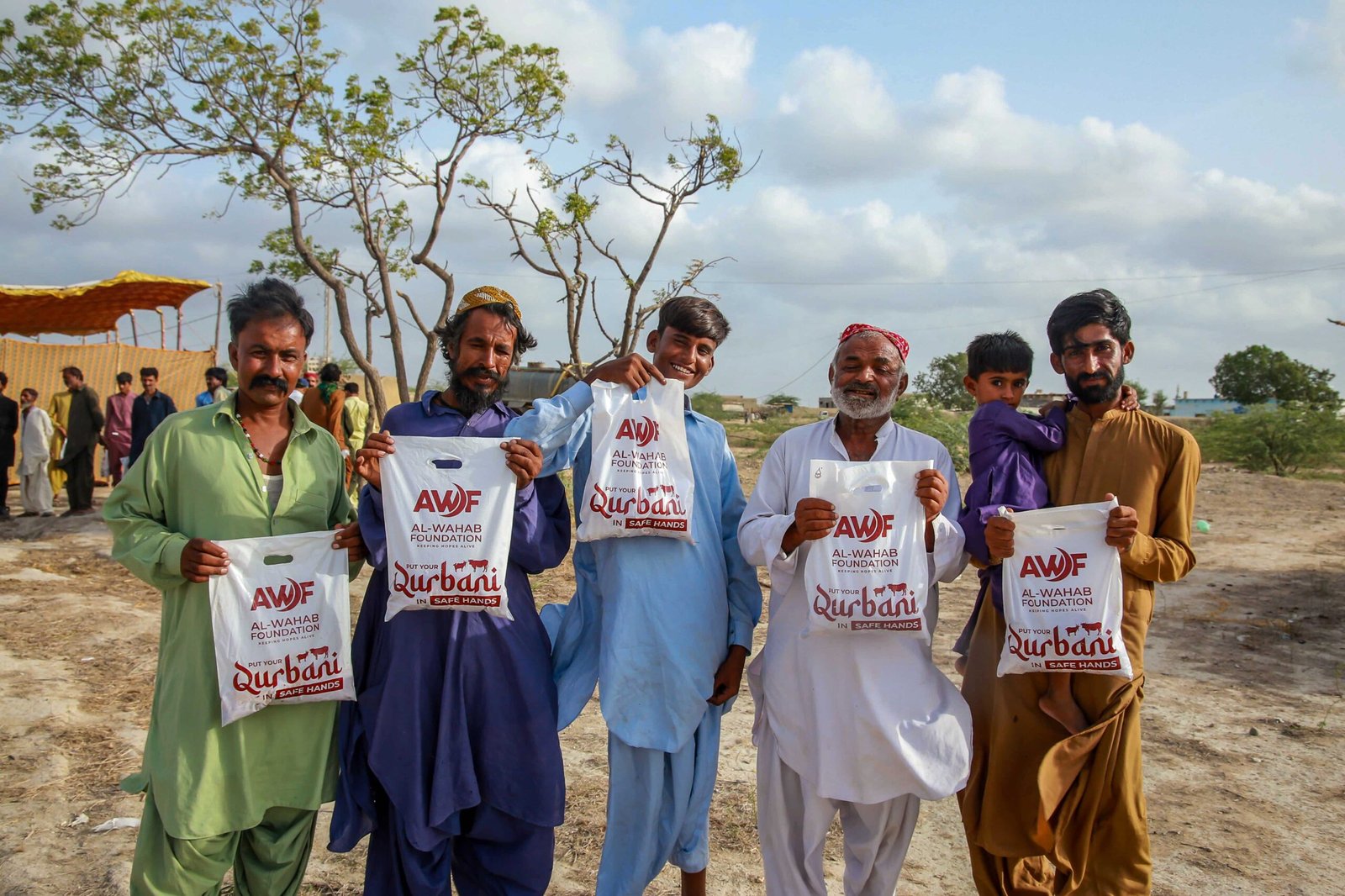Introduction
Qurbani, or Udhiya, is more than a ritual—it is a profound act of devotion rooted in the unwavering faith of Prophet Ibrahim (AS). As Muslims commemorate this sacred tradition during Dhul Hijjah, we are reminded of the timeless lessons it imparts: obedience, sacrifice, gratitude, and unity.
1. Obedience and Submission to Allah (SWT)
The essence of Qurbani lies in absolute obedience to Allah’s command. Prophet Ibrahim (AS) demonstrated unparalleled submission when he prepared to sacrifice his beloved son, Ismail (AS), solely to fulfill Allah’s will. This act teaches us to prioritize divine commands over personal desires.
“So We gave him good tidings of a forbearing boy. And when he reached with him [the age of exertion, he said, ‘O my son, indeed I have seen in a dream that I [must] sacrifice you.” — (Qur’an 37:101–102)
2. Trust in Allah’s Plan (Tawakkul)
Qurbani explains Tawakkul—placing complete trust in Allah’s wisdom. Prophet Ibrahim’s (AS) readiness to sacrifice his son, and Ismail’s (AS) acceptance, highlight their profound trust in Allah’s plan. Their story encourages us to maintain faith, even when faced with immense trials.
“And whoever relies upon Allah – then He is sufficient for him.” — (Qur’an 65:3)
3. Prioritizing Love for Allah Over Worldly Attachments
The willingness to sacrifice one’s most cherished possession underscores the importance of loving Allah above all else. Qurbani guides or teaches us to detach from materialism and place our relationship with the Creator at the forefront.
4. Instilling Islamic Values in Our Children
Ismail’s (AS) compliance reflects the significance of qurbani which is nurturing faith and obedience in our children. As parents, it’s our duty to instill Islamic values, ensuring the next generation upholds the principles of submission and trust in Allah.
5. Cultivating Taqwa (God-Consciousness)
The physical act of sacrifice is symbolic; the true essence lies in the piety and sincerity behind it. Qurbani serves as a reminder to cultivate Taqwa,striving for righteousness in all aspects of life.
“”Their meat will not reach Allah, nor will their blood, but what reaches Him is piety from you.” (Qur’an 22:37)
6. Fostering Unity and Brotherhood
Qurbani unites Muslims worldwide, transcending cultural and geographical boundaries. This collective act reinforces the sense of Ummah, emphasizing our shared responsibilities and the importance of supporting one another.
7. Encouraging Generosity and Compassion
By distributing Qurbani meat to the less fortunate, we embody the spirit of generosity and compassion. This act ensures that everyone, regardless of their circumstances, can partake in the blessings of Eid al-Adha.
8. Expressing Gratitude for Allah’s Blessings
Participating in Qurbani prompts reflection on the countless blessings we often take for granted. It instills a sense of gratitude, reminding us to appreciate and share our provisions with those in need.
Conclusion
Qurbani is a multifaceted act of worship that teaches obedience, trust, love for Allah, and compassion for humanity. By embracing these lessons, we not only honor the legacy of Prophet Ibrahim (AS) but also strengthen our faith and community bonds.

Join Al-Wahab Foundation in spreading the blessings of Qurbani. Donate your Qurbani today and make a meaningful impact on the lives of those in need.

